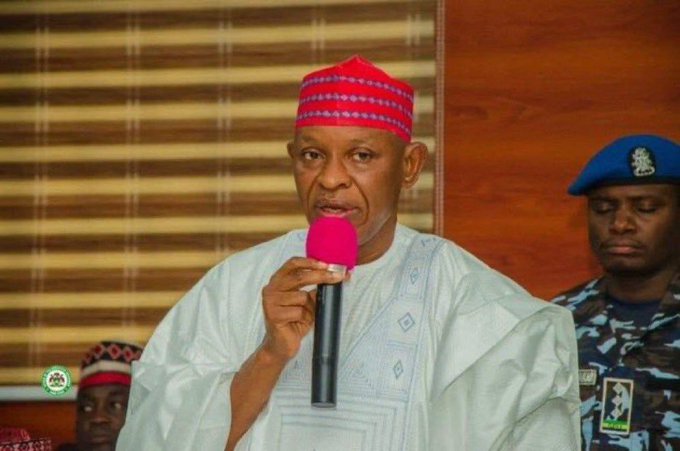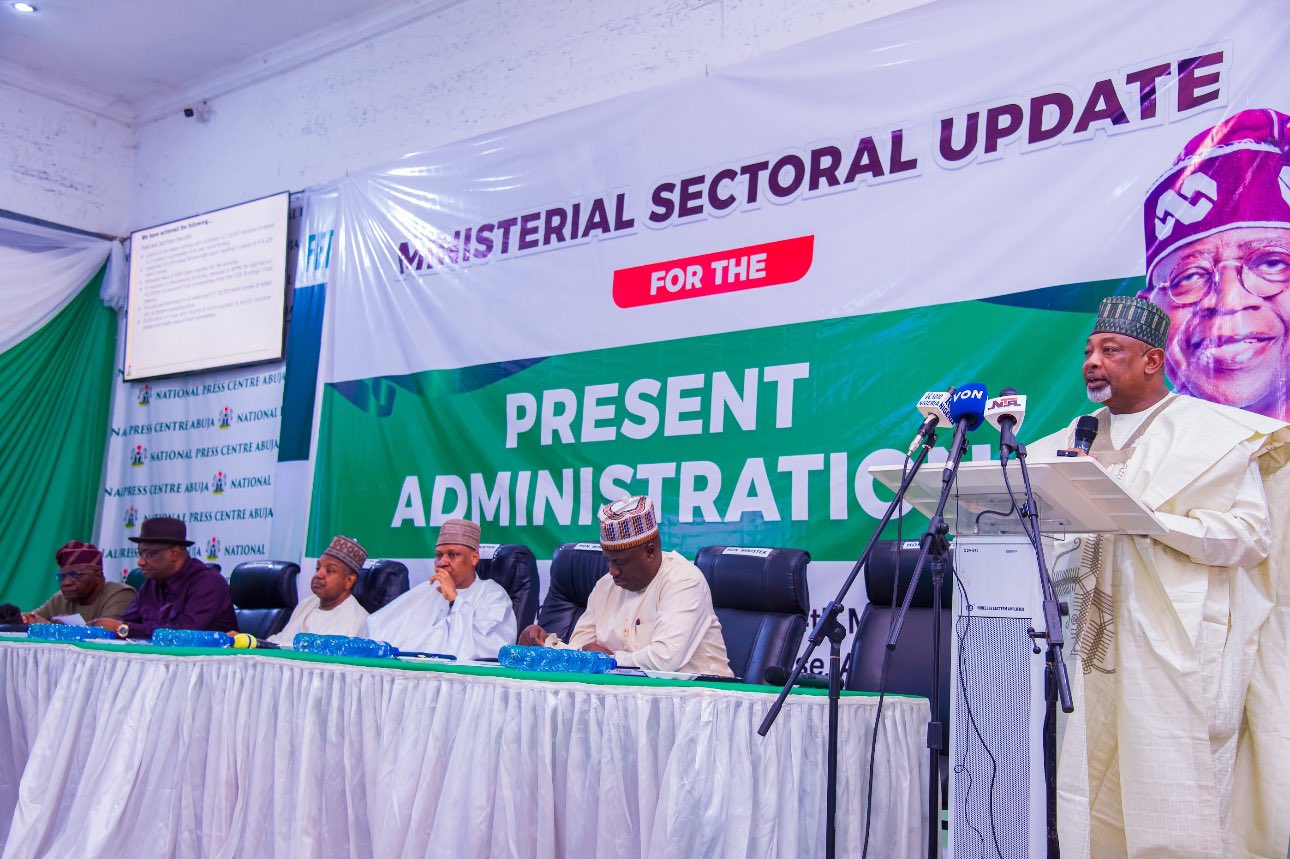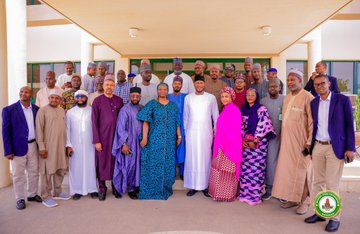Agric Ministry, Others Move To Eliminate Gender Disparity In Sector
The Federal Ministry of Agriculture and Rural Development alongside other stakeholders in the sector have strategised ways to reduce the vulnerabilities of women in agriculture.
Speaking at a workshop organised to this effect yesterday in Abuja, Dr. Ernest A. Umakhihe, Permanent Secretary of the Ministry explained that the move was to streamline the implementation of the eleven objectives of the National Gender Policy on Agriculture.
TheFact Nigeria gathered that many agricultural reforms and benefits do not get to farmers in rural areas, especially women.
Dr. Umakhihe noted that the policy legal frame work was based on the recommendations of the National Gender Policy under the supervision of Ministry of Women Affairs, Protocols and Treaties signed by the Federal Government on Gender mainstreaming and the 1999 Nigeria Constitution as amended.
The Permanent Secretary said that “Gender mainstreaming is Smart Economics” and a prerequisite for eradicating poverty and promoting sustainable human development.
He therefore assured that the Ministry and its agencies were committed to the socio- economic empowerment of women and girls in the sector.
Umakhihe acknowledged that, Seventy -five Percent of the world’s poor (women) live in the rural areas and are involved in agriculture, adding that in many parts of the world including Nigeria, women are the main producers of food but have limited access to farm inputs as there are huge gender disparities in the agriculture sector.
He noted that failure to address these gender gaps in roles, differences and inequalities between men and women pose a serious threat to the effectiveness of the agriculture development agenda.
In his Goodwill message, Chairman, House Committee on Agriculture Production and Services, Hon. Dandutse Muntari, stated that the main targets of the policy were to ensure that women and men have equal access and control resources, he assured that the legislature will increase gender budgetary allocation in this year’s budget to ensure gender mainstreaming in the implementation of the policy.
Director, Special Duties in the Ministry, Mrs Fausat Lawal, in her welcome address stated that the workshop “should be seen as a demonstration of the Ministry’s readiness to mainstream gender in agriculture through the instrumentality of policy document with the roles and responsibilities assigned to stakeholders.”
She added that the ministry will be grateful if the assigned roles and responsibilities were translated to positive outcomes for the empowerment of the vulnerable group in the society-women and children.
“There are huge gender disparities in the agricultural sector as small holder farmers who are predominantly women have limited access to inputs.

“It is important to note that small holder famers are the gate keepers of food security and are feeding the Nation even when they have limited access to agricultural input such as land, funds, extension services, information, fertilizer and seeds,” said Mrs Lawal.
In her presentation, Assistant Director and Head, Gender in the Ministry, Mrs Ifeoma Anyanwu highlighted the eleven objectives of the National Gender Policy framework and targets which included; Mainstreaming Gender into Climate, Improve cultural practices that hinders women from access to inputs ( land, finance fertilizer and other agricultural assets) and Gender Based violence, conflict prevention and resolution through advocacy, lobbying, mentorship and shared responsibility, Training of women and youth in commercial agriculture through processing/value chain development And others.
Stakeholders at the event including; the UN Women in Nigeria, Action Aid, the Albino Foundation, and Small Scale Women Farmers etc, lauded the National Gender policy on Agriculture and assured their unalloyed support in its implementation.






